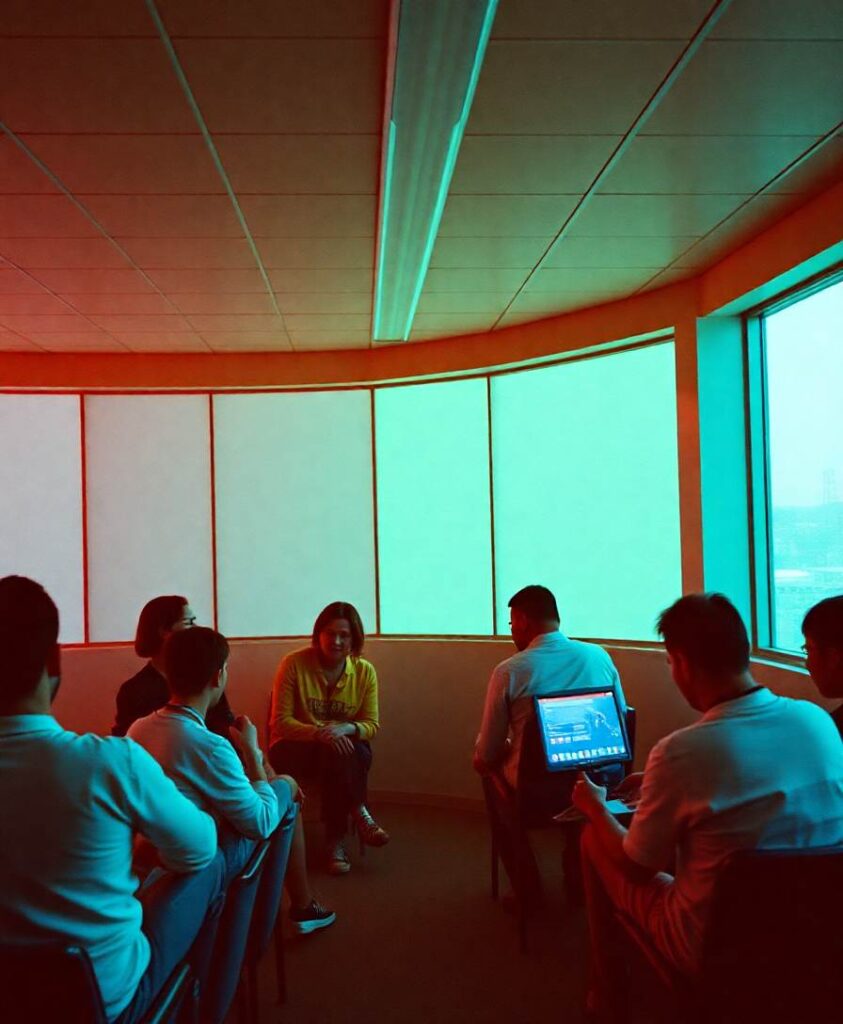Abstract
Successful social interactions require representing not only what others know, but also what they may deductively infer from evidence. For instance, to help deciding between two alternatives, we may just reveal the incorrect option, expecting others to draw the correct conclusion. Seemingly, we readily track others’ logical inferences if it is necessary for our goals. However, it is currently unknown whether we also track them when we do not have to, and whether these inferences affect our own conclusions. To address this, in four online experiments, we presented adults with scenarios where an agent could arrive at the same or different conclusions as the participant, based on what she witnessed (via excluding one or two out of three target locations). Participants rated the likelihood of an outcome from self or from the agent’s perspective. We hypothesized that if participants track others’ inferences also when making self-perspective judgments, that is, when they could respond without even paying attention to the other, the spontaneous representation of the other’s different conclusion may result in higher ratings for the outcome the agent (but not the participant) considers possible, compared to the one both consider impossible. In three experiments, we found such an altercentric bias in self-perspective judgments, suggesting that participants spontaneously encoded the conclusions the agent could draw (Experiments 1 and 2), even when this required multistep inferences (Experiment 4), although there were considerable individual differences and the bias was absent when task-demands were high (Experiment 3), implying a potentially resource-dependent use of the capacity.




